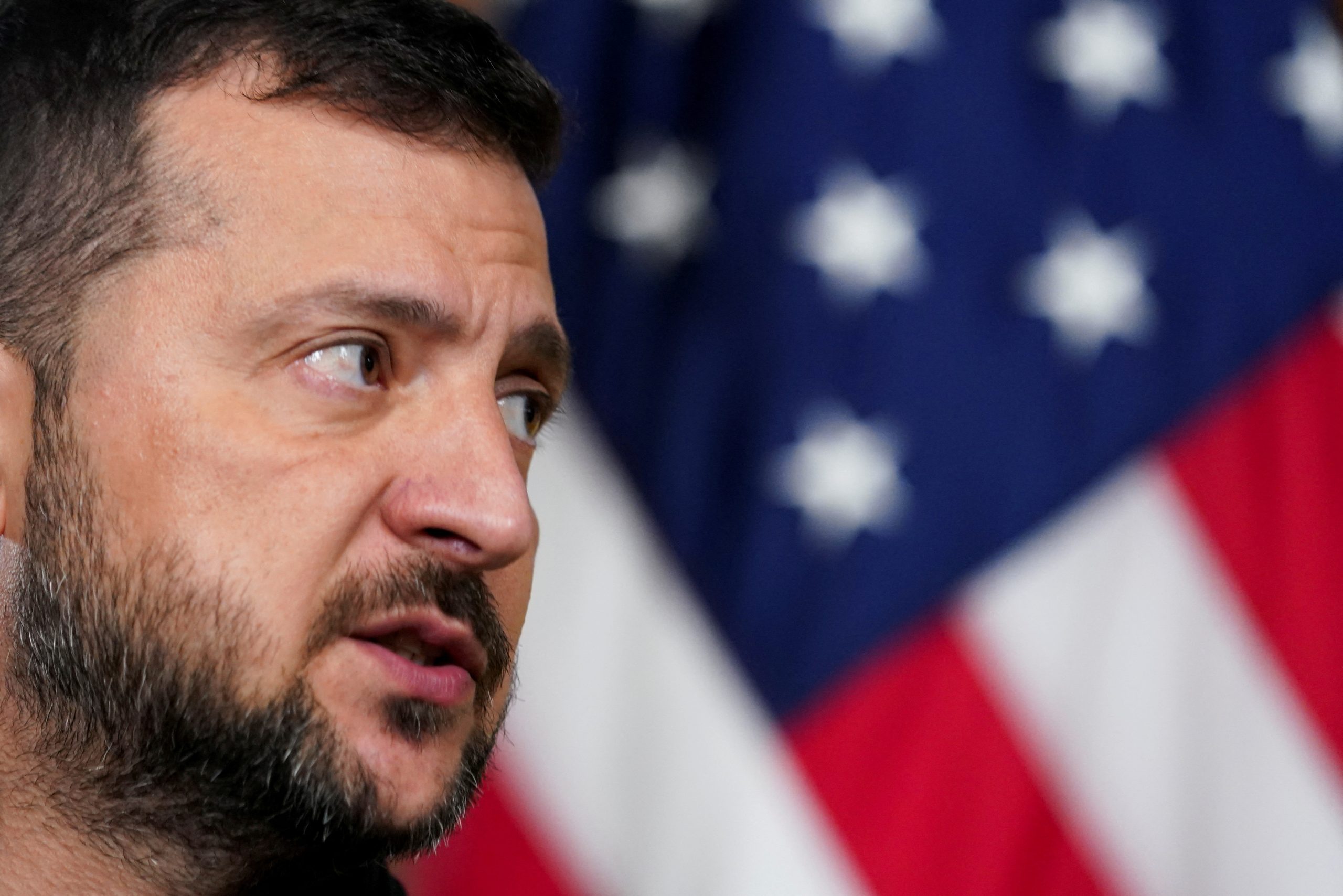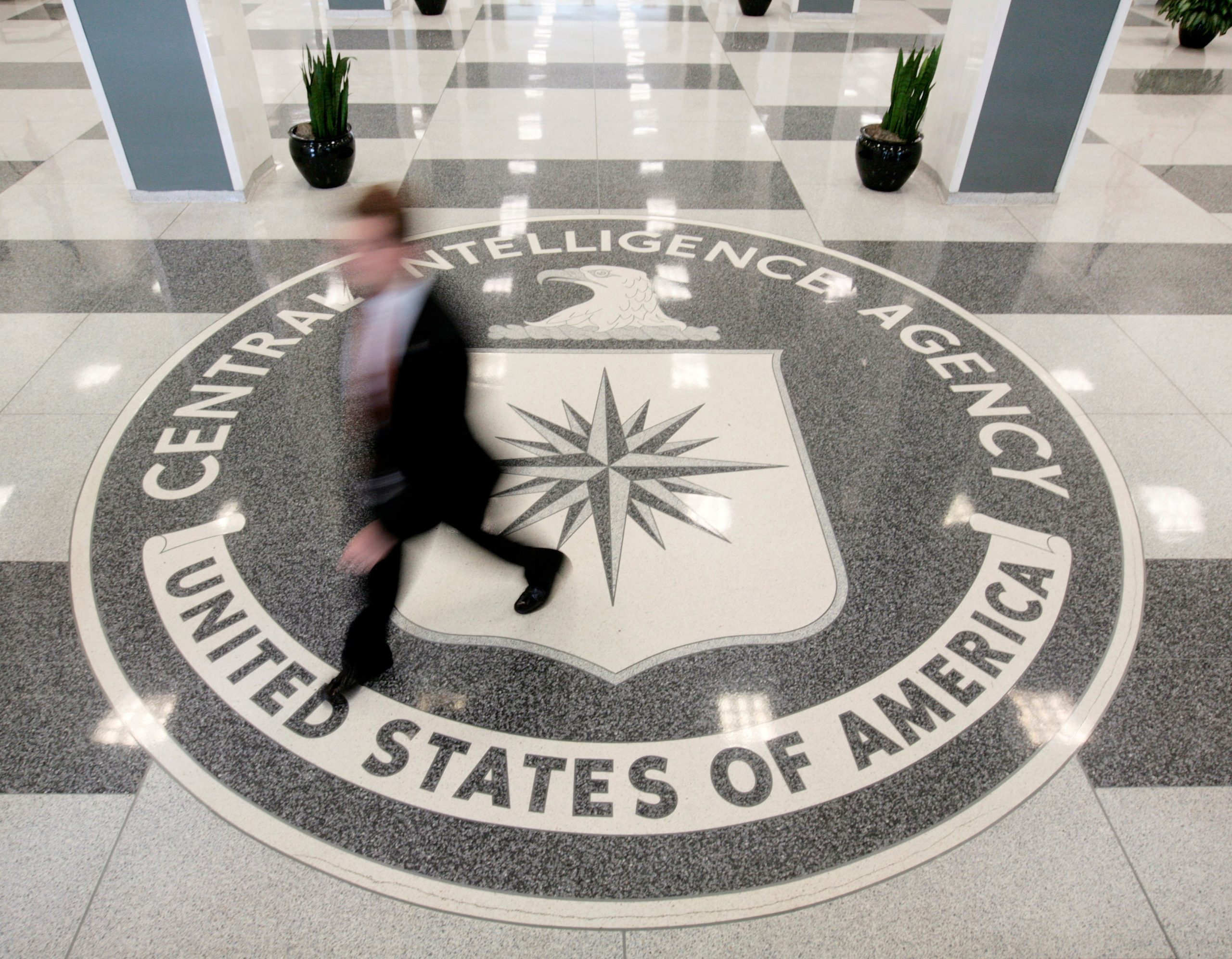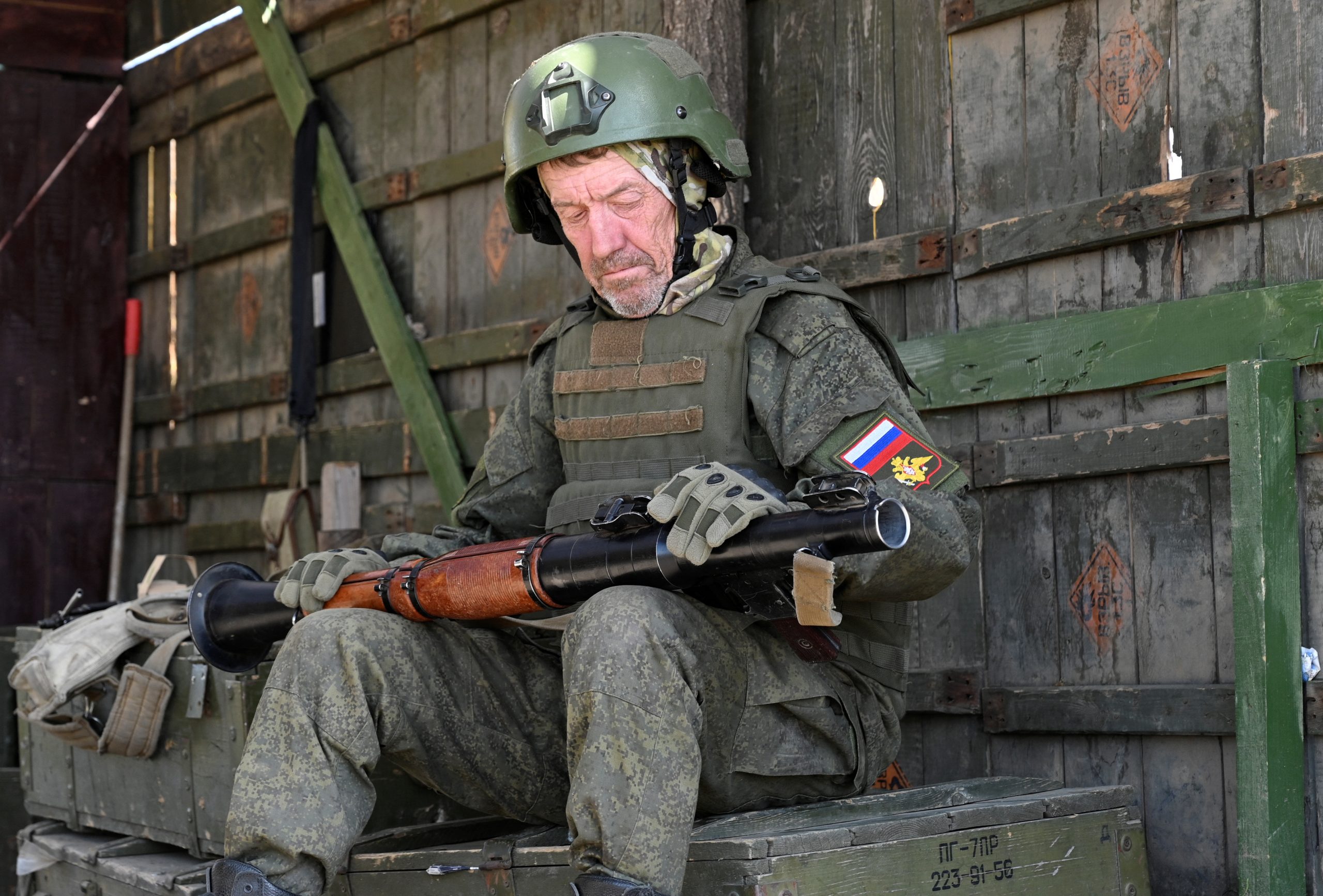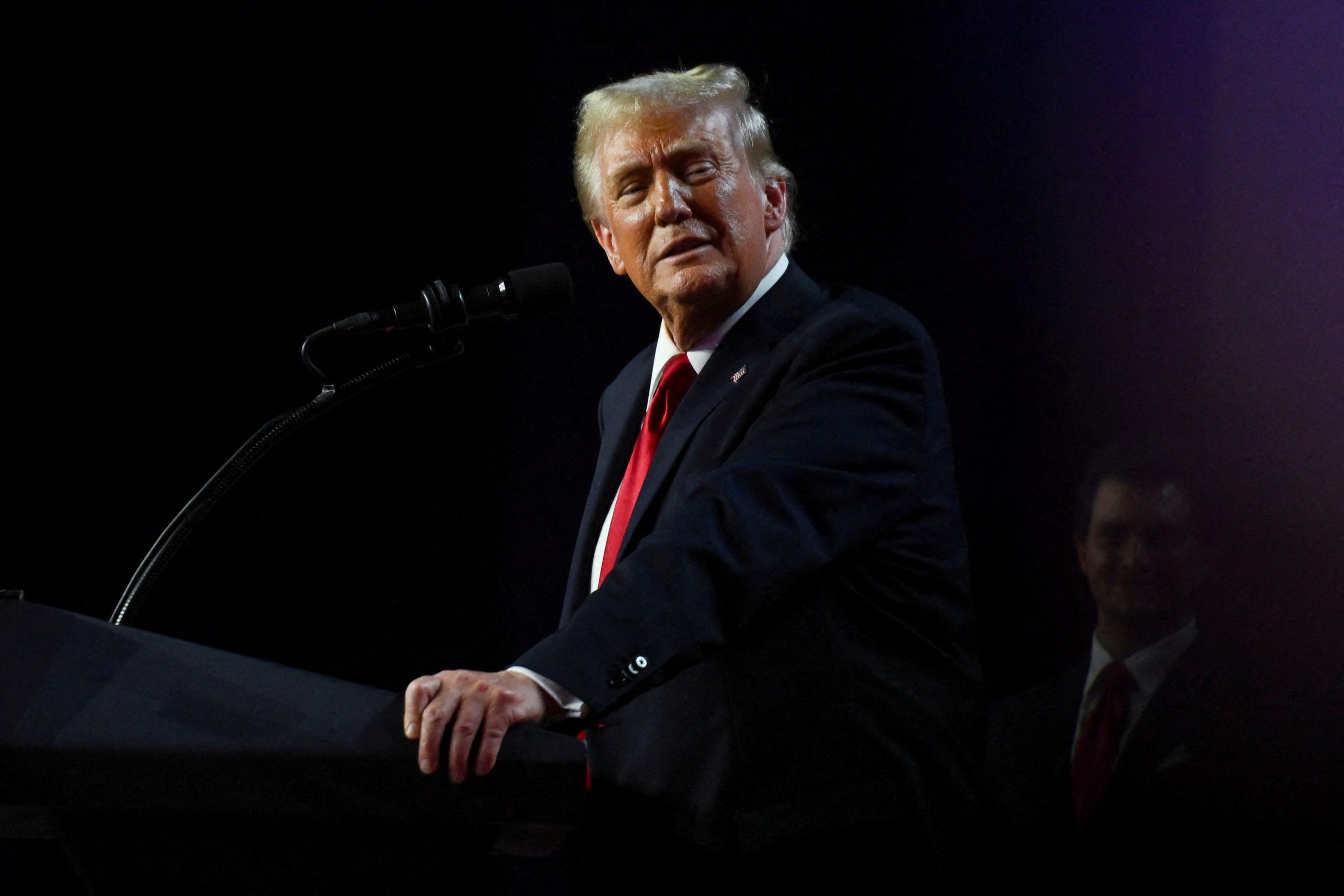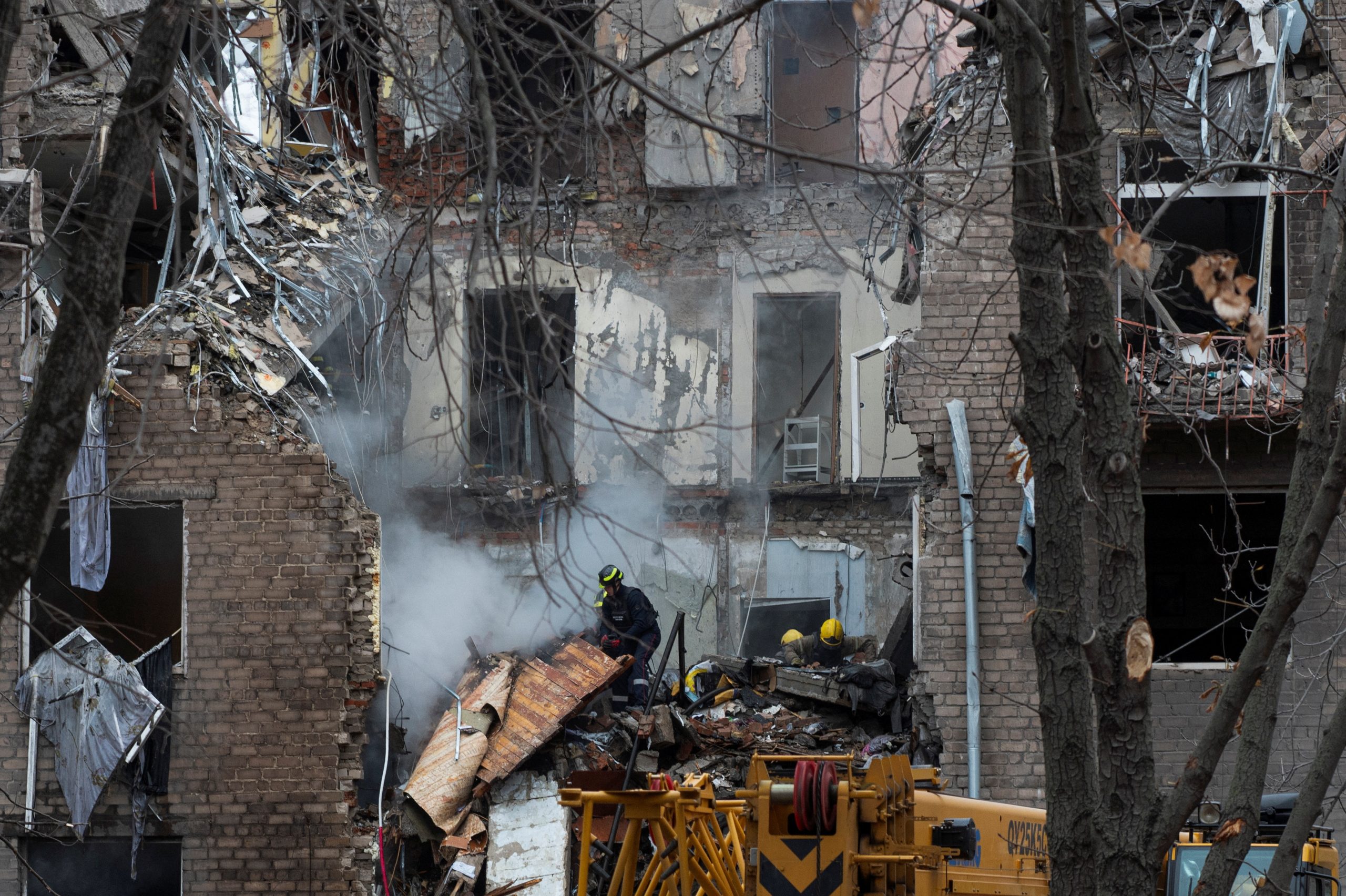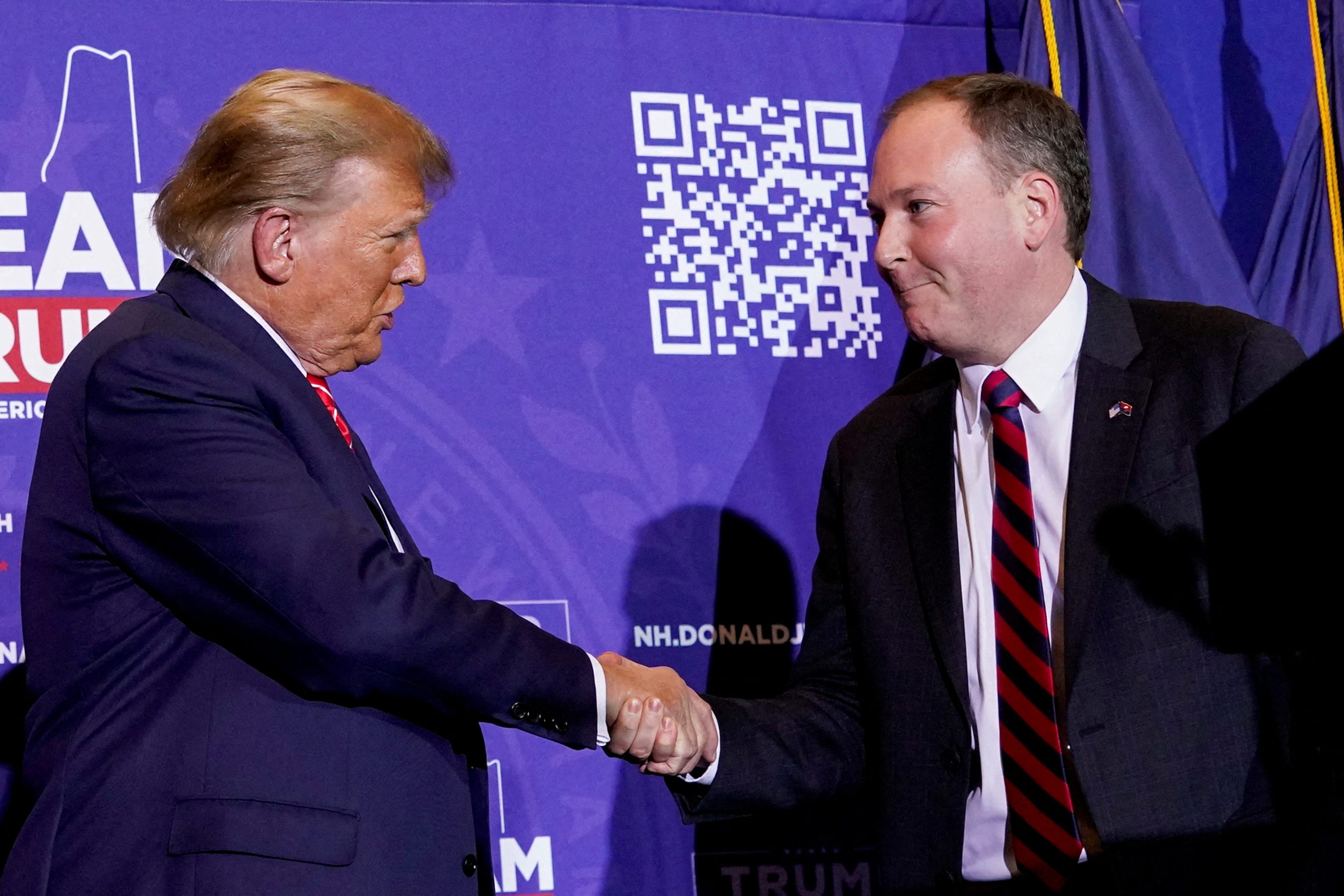“This war is no longer confined to Ukraine and Russia,” declared Ukrainian President Volodymyr Zelenskyy as new reports reveal a startling twist in the ongoing conflict: the arrival of thousands of North Korean troops on Russian soil, a deployment that sends shockwaves through global geopolitics. According to U.S. intelligence and NATO sources, an estimated 10,000 North Korean soldiers are gearing up to support Russia’s battle-hardened front lines, transforming what was once a local skirmish into a truly international crisis.
Zelenskyy spoke candidly on Tuesday about the ramifications of these developments, warning that the war is now “pushed beyond borders” and carries risks that extend far beyond Europe. Following discussions with South Korean President Yoon Suk Yeol, Zelenskyy disclosed that 3,000 North Korean troops have already been stationed in military camps not far from Ukraine’s front lines, with projections indicating that the number may soon swell to 12,000. This unprecedented move by Pyongyang is a vivid indicator of its commitment to aiding Russia, and it’s already causing diplomatic uproar across the Pacific. Zelenskyy and his allies fear that North Korea’s involvement will create a domino effect, pushing other nations to intensify their military posturing, especially in the volatile Indo-Pacific region.
The Pentagon has also weighed in, with spokesperson Pat Ryder confirming that North Korean troops have arrived in Russia’s Kursk region, a critical zone where Russian forces have recently struggled against a fierce Ukrainian counter-offensive. Ryder called the troop deployment a “relatively small but concerning number,” estimating that a few thousand more soldiers will be arriving soon to bolster Russian defenses. For Ukraine, this raises new questions about the level of foreign military aid pouring into Russia’s war machine, marking an alarming evolution in the conflict’s dynamics.
International reactions have been swift and severe. South Korea has condemned Russia’s decision to invite North Korean forces, branding it a blatant provocation. Meanwhile, Japanese and Australian officials have voiced unease, fearing that North Korea’s entry into the European conflict will embolden Kim Jong-un to take more aggressive stances in Asia. Many observers worry this could strain already-tense relations, particularly as China watches closely and the U.S. tries to maintain a delicate balance with its regional allies.
As this alliance between Russia and North Korea becomes more explicit, Western leaders, including U.S. President Joe Biden, are recalculating their strategies. The entry of foreign soldiers into Ukraine’s war threatens to set a new precedent, one that could redefine modern warfare by entangling rival nations in proxy battles far from their borders. With North Korean soldiers potentially entering the trenches, the conflict risks expanding into a full-scale international showdown with unpredictable outcomes.
The escalation comes as Ukrainian forces make significant gains along the eastern front, pushing back against Russian advancements. However, Zelenskyy and his generals know that the North Korean support could lead to a devastating counter-response. For Ukraine and its Western supporters, the implications are clear: this war could quickly spiral beyond Europe, risking international alliances and inviting catastrophic fallout across regions.
The coming weeks are poised to be a decisive moment in modern history. As thousands of North Korean boots hit the ground, the stakes in Ukraine are no longer just a test of European resolve but a symbol of the shifting allegiances that could rewrite global power dynamics.
Sources for this article include NATO and Pentagon statements, as well as official remarks from the Ukrainian and South Korean presidencies.

